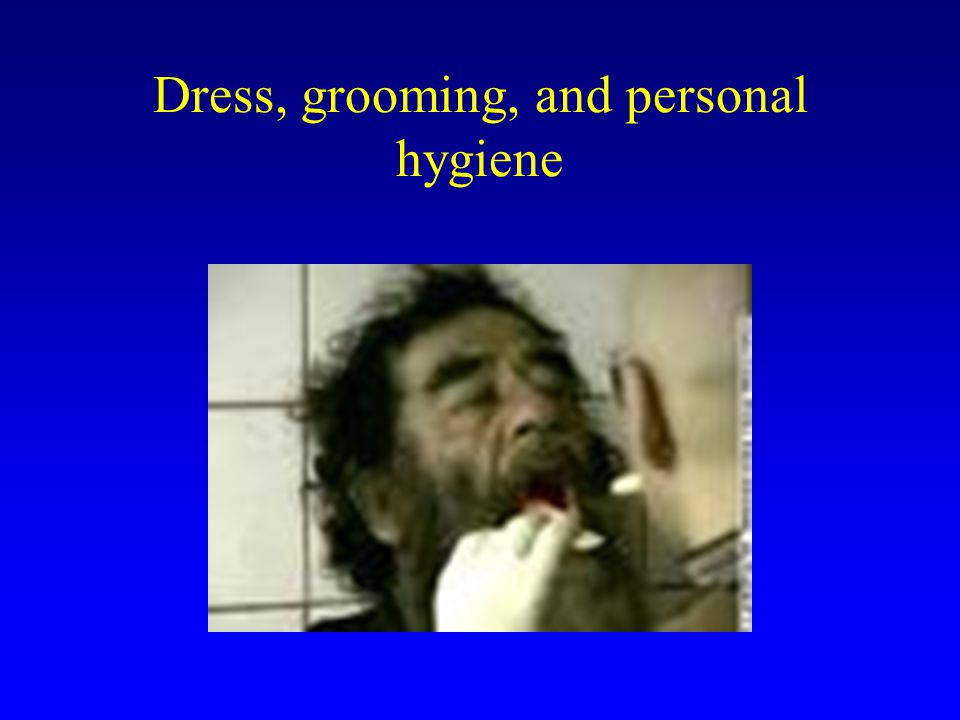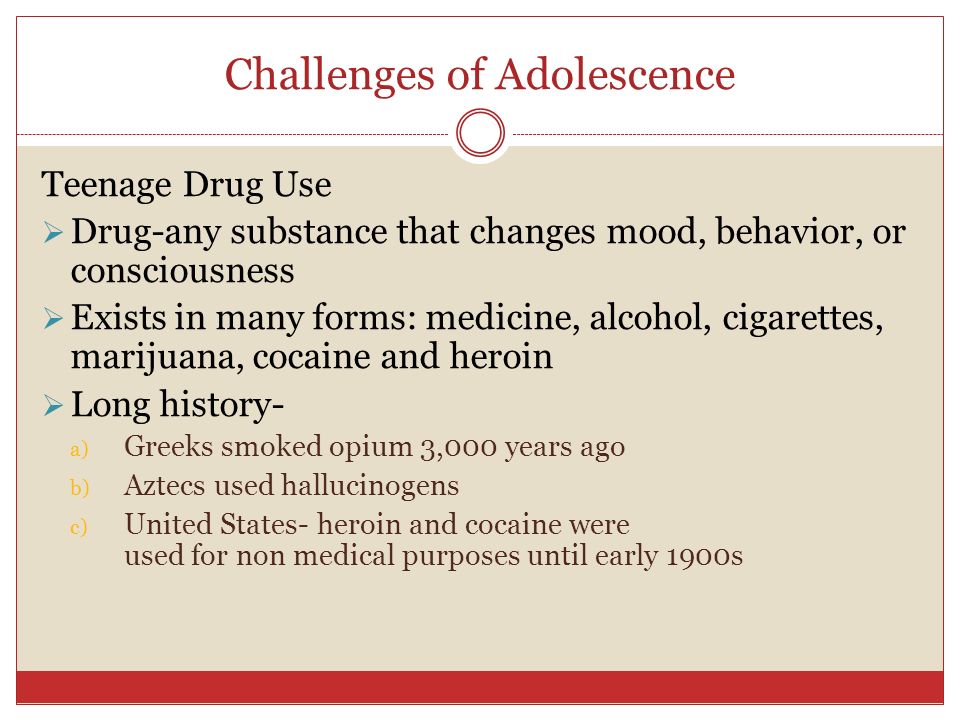Grand theory of Nursing: Health as Expanding Consciousness Introduction Margret Newman was a nurse by nature and she realized that years before entering into nursing profession while she was taking care of her ill mother. Consciousness: an introduction. [Susan J Blackmore Now in a new edition, this innovative text is the first volume to bring together all the major theories of consciousness studiesfrom those rooted in traditional Western philosophy to those coming. Everyone has their own view of the nature of consciousness based on their education and background. The intention of this book is to expand this view by providing an insight into the various ideas and beliefs on the subject as well as a review of current work in neuroscience. Introduction to Quantum Consciousness Free download as PDF File (. Consciousness is your awareness of how and why you react to your surroundings. States of Consciousness, SelfAwareness the States of Consciousness, SelfAwareness the Unconscious Mind. Introduction to Consciousness Describing Consciousness Consciousness is an individuals state of awareness of their environment, thoughts, feelings, or sensations; in order to experience consciousness, one must be both awake and aware. Introduction: Explains how to use the book. Practices: Exercises to explore your own consciousness from each chapter Activities: Exercises to do in class or with friends from each chapter Consciousness: A Very Short Introduction clarifies the potentially confusing arguments and the major theories using illustrations, lively cartoons, and experiments. Topics include vision and attention, theories of self and will, experiments on action and awareness, altered states of consciousness, and the effects of brain damage and drugs. The problem of consciousness is mostly regarded as identical to the mindbody problem. According to Chalmers philosophical arguments, the hard problem of consciousness lies in establishing and. The last great mystery of science, consciousness is a topic that was banned from serious research for most of the last century, but is now an area of increasing popular interest, as well as a rapidly expanding area of study for students of psychology, philosophy and neuroscience. This groundbreaking new book by bestselling author Susan Blackmore is the first of its kind to bring. Expand Your Consciousness: Introduction By Miro July 29, 2011 archive, consciousness No Comments This post is a composite of about 3 different posts that I started earlier but they all came out very mechanical, out of context and lacking any story line or structure. Is there a theory that explains the essence of consciousness? Or is consciousness itself just an illusion? The last great mystery of science, consciousness was excluded from serious research for most of the last century but is now a rapidly expanding area of study for students of psychology, philosophy, and neuroscience. Recently the topic has also captured growing popular interest. Explaining the nature of consciousness is one of the most important and perplexing areas of philosophy, but the concept is notoriously ambiguous. General Introduction to Pure Phenomenology (Ideen au einer reinen Phnomenologie und phnomenologischen Philosophie). Consciousness: An Introduction was my saving grace in that philosophy class, through this book I was able not only to understand, but become interested in learning about consciousness. Consciousness: An Introduction, by Susan Blackmore: This is actually a textbook, but it was one of the first books I read. It is a very thorough introduction, with a good mix of philosophy and science. Introduction to Analysis is an ideal text for a one semester course on analysis. The book covers standard material on the real numbers, sequences, continuity, differentiation, and series, and includes an introduction to proof. A short biography describes 's life, times, and work. Also explains the historical and literary context that influenced States of Consciousness. What exactly is Consciousness? Well that's kind of a gray area. In this episode of Crash Course Psychology, Hank gives you the basic ideas of what Consciousness is. What can happen if the connection between the brain and the visual system is disrupted or damaged? What can cause patients to act as if part of their world not only doesn't exist, but couldn't exist. My Dashboard; Pages; Lesson Introduction States of Consciousness; Home; Assignments; Pages; Files; Syllabus; Quizzes; Modules; Collaborations; Badges About the Author: . Susan Blackmore is a writer, lecturer, and Visiting Professor at the University of Plymouth, UK. She is the author of Conversations on Consciousness (2006), A Very Short Introduction to Consciousness (2005), and The Meme Machine (1999), all. Cognition, Brain, and Consciousness, Chapter 8 Consciousness and attention 1. 1 Waking cognition is consciously mediated 1. 2 The need for timely waking, sleep, and dreaming 1. 3 Global rhythms of circadian states 1. Consciousness is an excellent companion to a primary source reader in a philosophy of mind course, or a standalone text in an introductory course on consciousness. Lisa Portmess, Gettysburg College Understanding the difference is the crux of Consciousness: An Introduction, which examines the scientific nature of subjective experience. Susan Blackmore, a former lecturer in psychology at the University of the West of England in Bristol, casts a wide net in exploring what she calls the last great mystery of science. Consciousness: an introduction. [Susan J Blackmore Is there a theory that explains the essence of consciousness? Or is consciousness itself just an illusion? The last great mystery of science, consciousness was excluded from serious research for. Consciousness: An Introduction Edition 2 Now in a new edition, this innovative text is the first volume to bring together all the major theories of consciousness studiesfrom those rooted in traditional Western philosophy to those coming out of neuroscience, quantum theory, and Eastern philosophy. AmazonConsciousness: An Blackmore, Emily T. Troscianko The last great mystery of science, consciousness is a topic that was banned from serious research for most of the last century, but is now an area of increasing popular interest, as well as a rapidly expanding area of study for students of psychology, philosophy and neuroscience. Buy Consciousness: An Introduction Second Edition by Susan Blackmore (ISBN: ) from Amazon's Book Store. Everyday low prices and free delivery on eligible orders. Introduction Dialogues with Consciousness will be a FREE 5 set video series that is meant to bring the listener into a deep dialogue with the Consciousness o Global Consciousness Project, Introduction, scientific research network studying global consciousness Buy Consciousness: An Introduction 3 by Susan Blackmore, Emily T. Troscianko (ISBN: ) from Amazon's Book Store. Everyday low prices and free delivery on eligible orders. Consciousness, or the navigation room, is the external environment represented in computable form in our minds. The world we experience is a dynamic information process that models sensory information from the external world. Journal of Consciousness Studies 2(3): , 1995. This is the paper where I introduced the hard problem of consciousness. I distinguish between the easy problems and the hard problem, and I argue that the hard problem eludes conventional methods of explanation. Introduction to the New Knowledge from Russia: Cell regeneration Dr Petrov Tree of Life courses: It is time for all of us to take control of our inner and outer reality and accept our collective responsibility to create well being in our planet by regenerating and recreating ourselves. Is there a theory that explains the essence of consciousness? Or is consciousness itself just an illusion? The 'last great mystery of science consciousness is a topic that was banned from serious research for most of the last century, but is now an area of increasing popular interest, as well as a rapidly expanding area of study for students of psychology, philosophy and neuroscience. Consciousness is one of the most fascinating mysteries of science and the combination of science and philosophy to address this phenomenon was captivating. My favorite section by far was the one on artificial consciousness. Free statement of participation on completion. Course description Course content Course reviews Introduction. Consciousness is the state or quality of awareness, or, of being aware of an external object or something within oneself. It has been defined variously in terms of sentience, awareness, qualia, subjectivity, the ability to experience or to feel, wakefulness, having a sense of selfhood or soul, the fact that there is something that it is. Up to 90 off Textbooks at Amazon Canada. Plus, free twoday shipping for six months when you sign up for Amazon Prime for Students. In Consciousness: A Very Short Introduction, Susan Blackmore gives the reader just that a very short introduction to a highly complicated interdisciplinary topic. Considering the sheer impossibility of doing that in a fully satisfying way, Blackmore did quite a good job at it. Introduction; SelfConsciousness: Some Distinctions (How) Is SelfConsciousness Possible? Epistemic Peculiarities of SelfConsciousness; We may call the property that I have creature selfconsciousness and the property that my thought has state selfconsciousness. Consciousness is the awareness we have of ourselves and our environment. Different states of consciousness are associated with different patterns of brain waves. Brain waves are tracings of electrical activity that is going on in the brain. Consciousness: A Very Short Introduction challenges readers to reconsider key concepts such as personality, free will, and the soul. How can a physical brain create our experience of the world? How can a physical brain create our experience of the world. Introduction to PsychologyStates of Consciousness 3 other sleep stages as well, dreams are most vivid and frequent during REM sleep. People typically go through about The International Journal of Mathematics and Consciousness maintains the position that of all such pursuits, mathematics, because of its rigor, depth, and effectiveness, is the most suitable discipline to study the interface between consciousness and the physical world. This Journal is devoted to exploring this interface using the rigorous.











